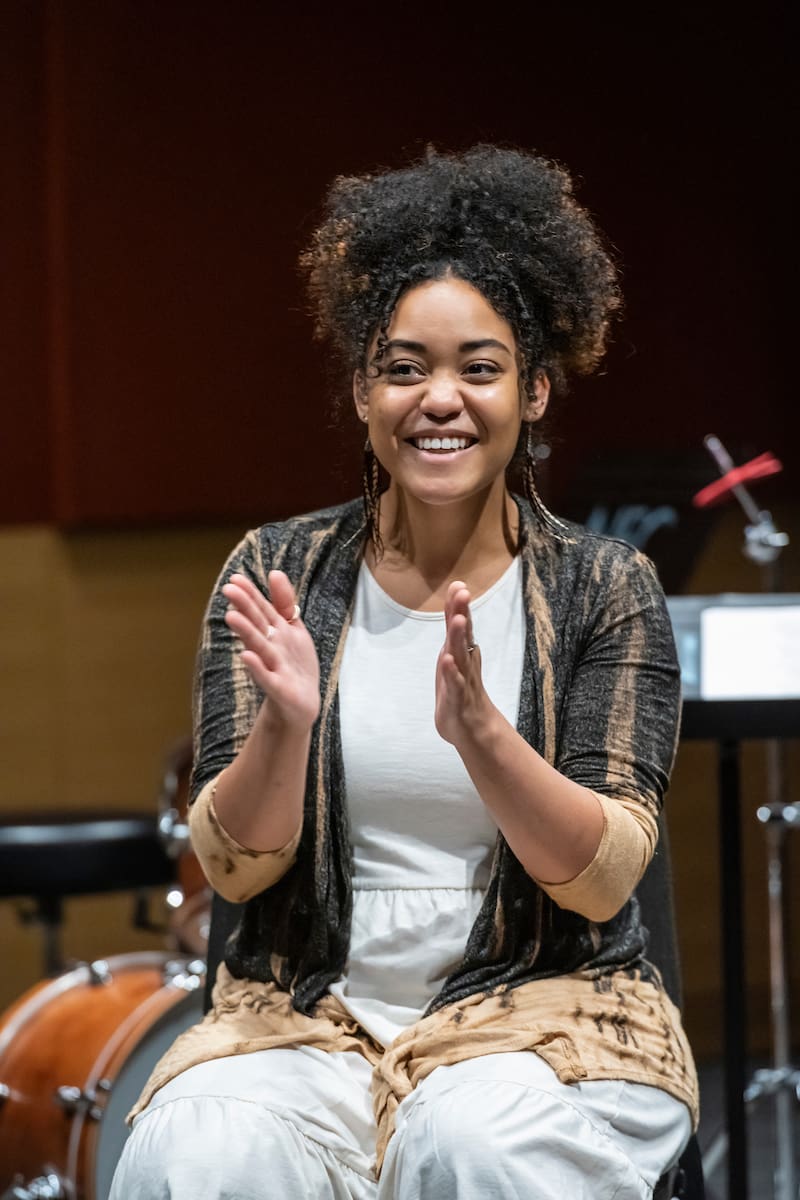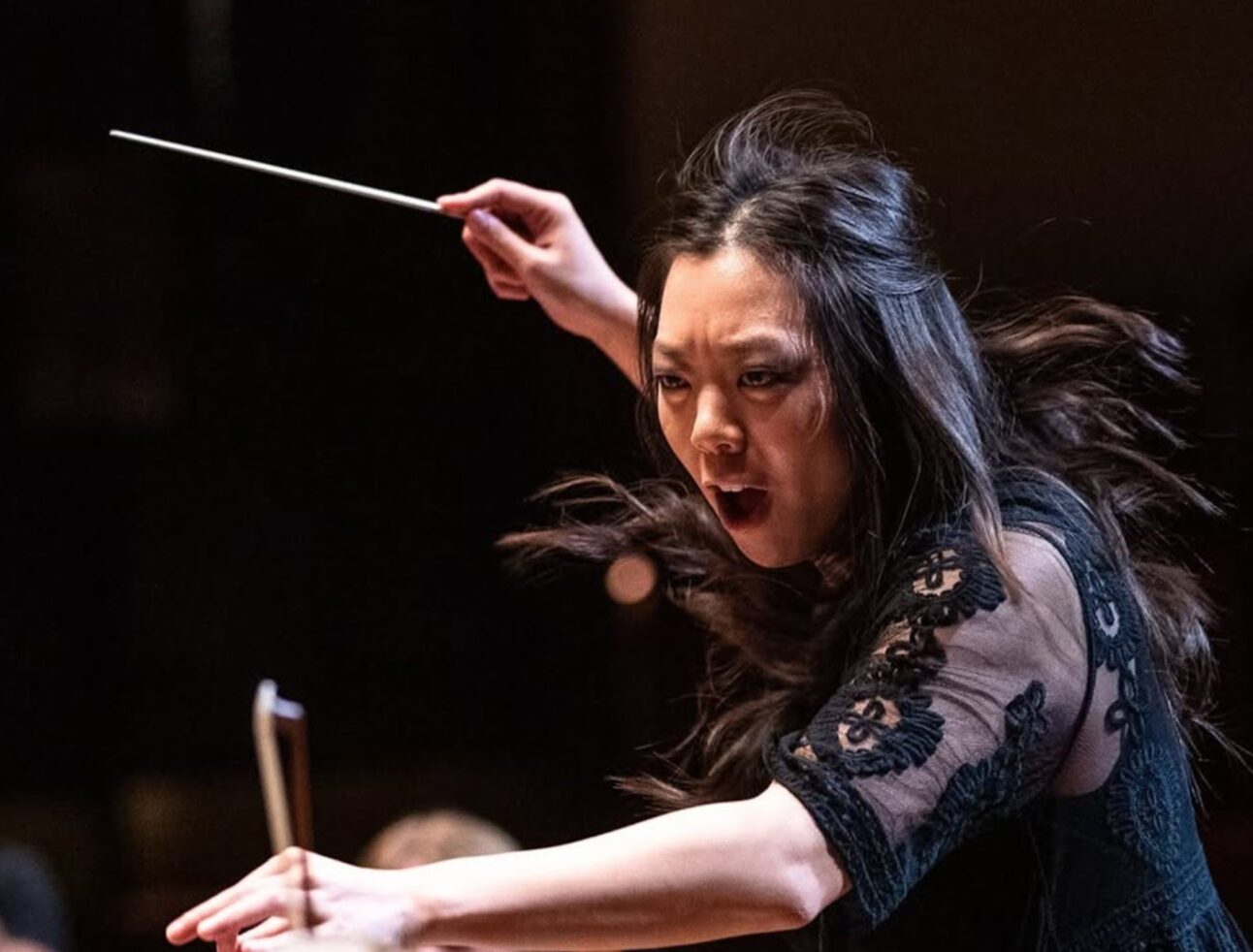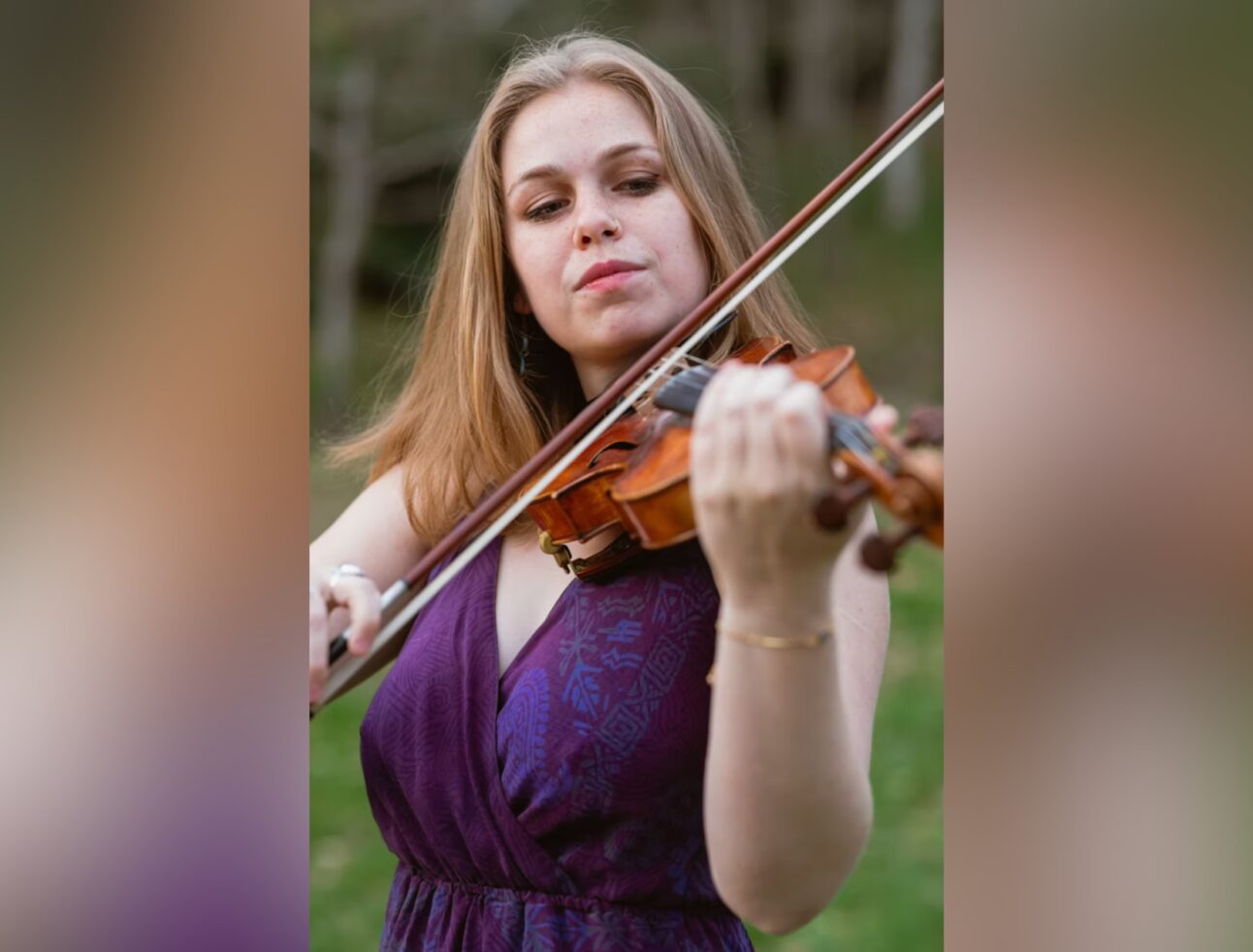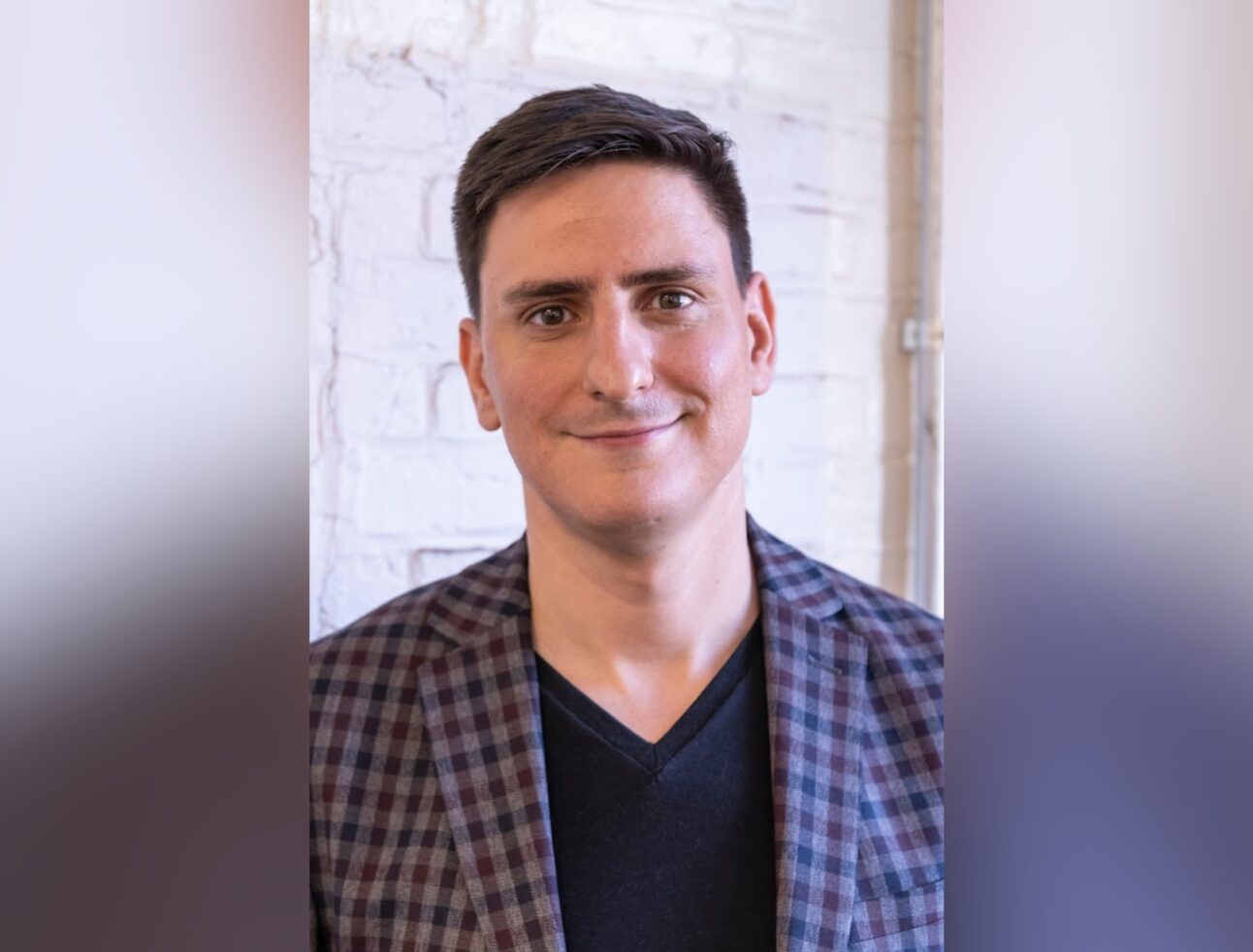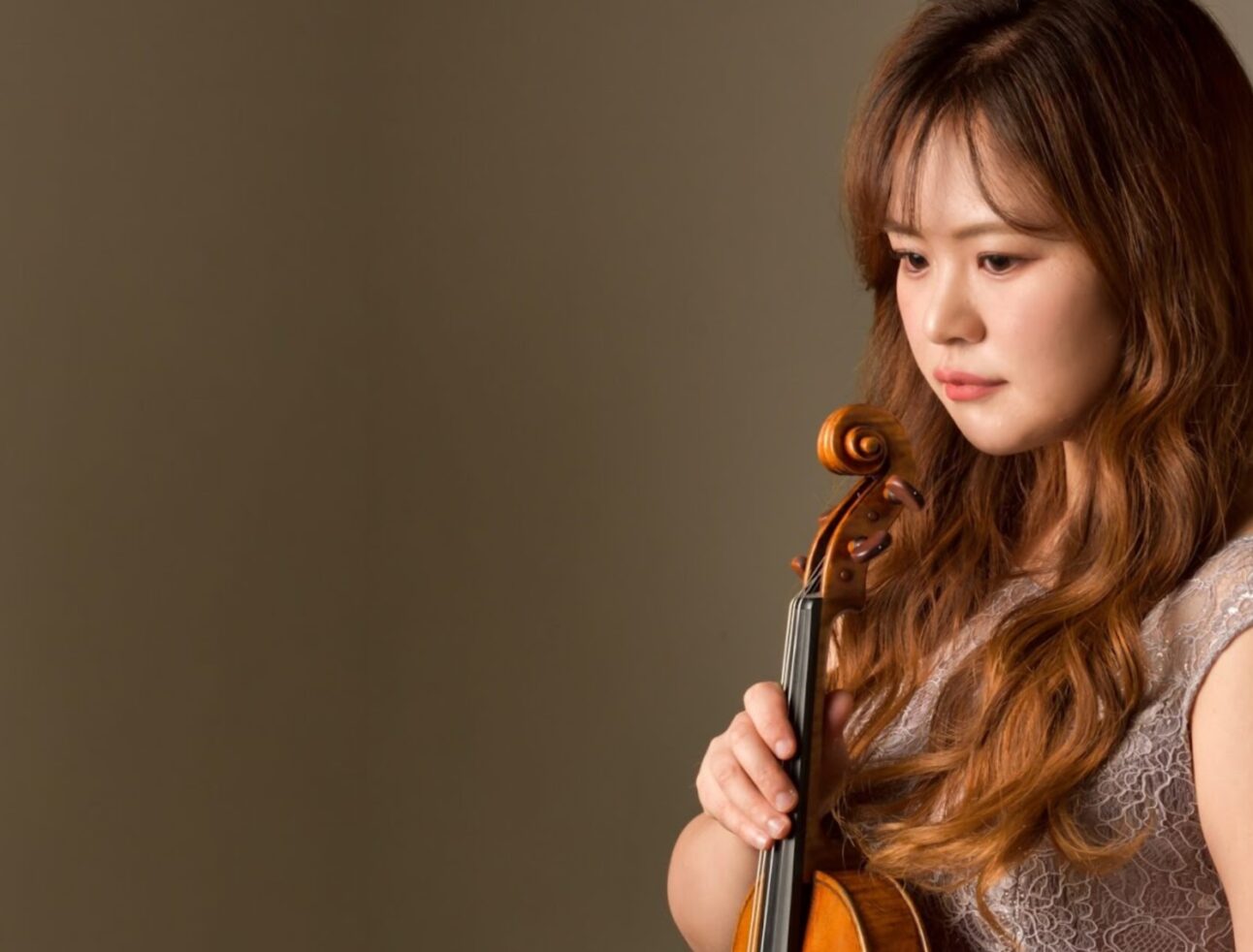Farayi Malek ’17 is cultivating a musical identity that encompasses her whole self, from R&B to bluegrass, from jazz to Americana.
After finding a home in the Contemporary Musical Arts program, Malek now teaches in the department, including studio lessons, Contemporary Vocal Ensemble, R&B Ensemble, and Development of Long-Term Harmonic Memory with Ran Blake.
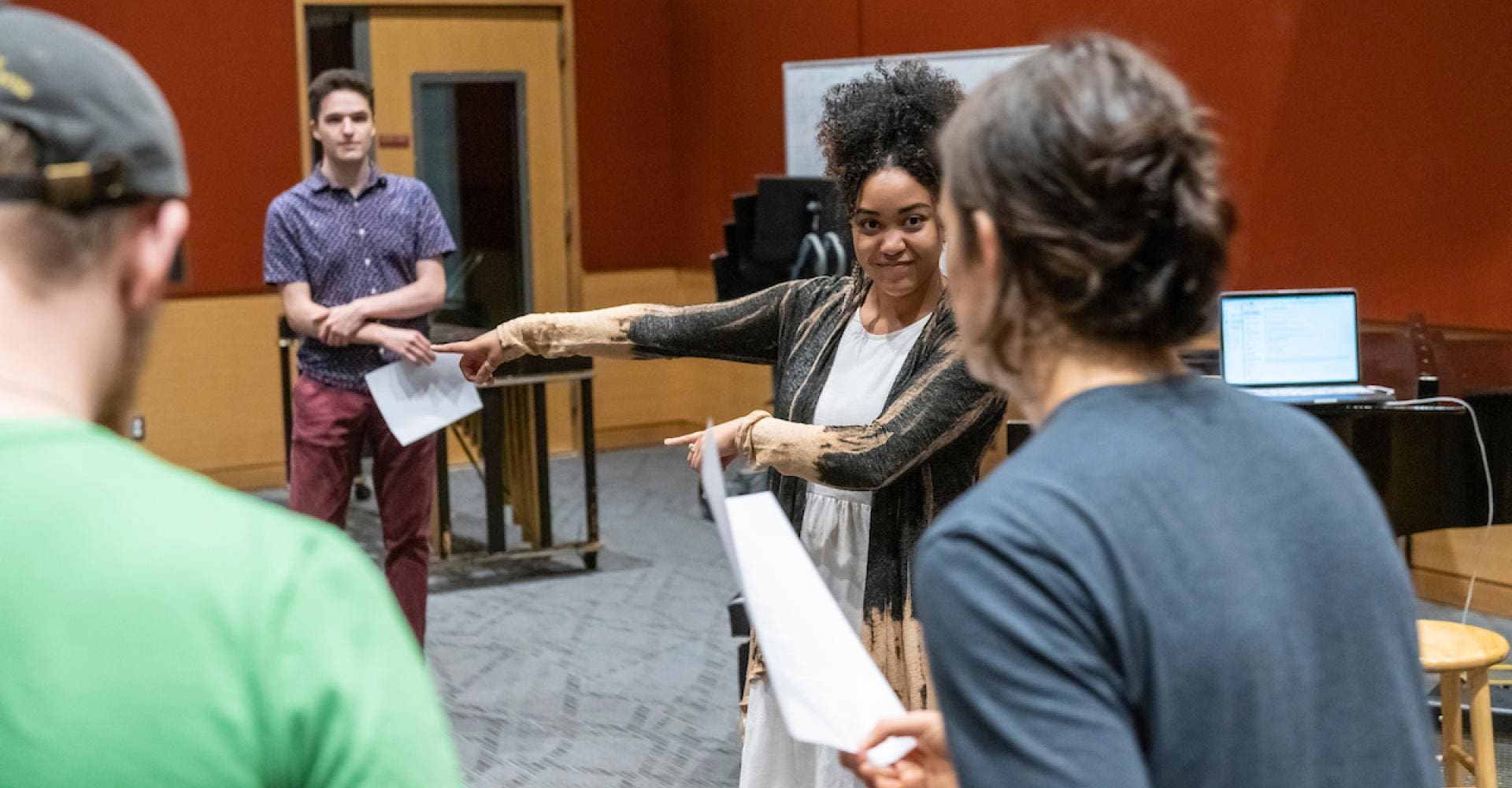
Both an alumna of the Contemporary Musical Arts department and now an instructor in it, Farayi Malek is full of both-ands: both a jazz musician and an Americana musician, she challenges the idea that these musical identities are so very separate.
“Fundamentally, I’m an American, and this is American music. Musical theater, bluegrass, jazz, blues, R&B; they’re all the foundation of who I am as a musician, and these musics are not so different. This country’s not very old, and all of these musics are only about 100 years old, give or take. That’s not enough time for things to diverge all that much.”
Farayi Malek
You graduated from the Contemporary Musical Arts program at NEC, but you didn’t start there.
Malek: Yes! I actually started in the jazz department at NEC and switched to CMA my junior year.
I grew up in rural Idaho, studying bluegrass and folk music as a child — and in high school, I found myself rejecting those parts of myself, and having the desire to embrace the roots of my Black heritage, through the study of jazz and African American music.
As a mixed race woman, and someone from two seemingly different musical languages, I never felt like I really fit anywhere. The CMA department was full of people from different backgrounds who wanted to explore anything and everything they could, and that felt like the right environment for me at that point in my educational journey.
How has this global perspective shaped you as a musician?
Malek: When I entered the CMA department, I took a Persian ensemble, an American Roots ensemble, a Brazilian ensemble and more. Going outside of my comfort zone helped me realize that the most important thing I can do as a musician is be fully myself, with all of the contradictions and “both/ands” that make me who I am.
At this point, I think of myself just as an American musician — blues, roots, jazz, R&B, theater, the Great American songbook; they’re all there. And I want to encompass what that means in my sound.
Congratulations on your recent Grammy nomination — for Crisálida, with Danilo Perez’s Global Messengers.
Malek: Thank you!
I started working with Danilo about five years ago with this project — he’s the Artistic Director of the Global Jazz Institute at Berklee, which is where I did my graduate study after I was in the CMA department at NEC.
The Global Messengers are all graduates of the Global Justice Institute, and we’re from all over the world — the initial group was two students from Palestine, one from Jordan, one from Greece, Danilo from Panama, and myself from the United States — violin, cello, Greek laouto, piano and voice and percussion.
What does it mean to you to be an American musician today?
Malek: Being an American musician today can mean something different to every American because this is a nation of people from various backgrounds and life experiences. America is not only a nation of immigrants, but a nation with a history of genocide, slavery and struggle. This is fundamental to our identity as a nation and my musical identity as an American.
Jazz is American music, but in my opinion, no longer just that — now, it’s something that speaks to people from all over the world who have suffered, overcome, and have the desire to experience the freedom that jazz brings.
While we live in a nation that is so diverse; it is not always so accepting. Sometimes I feel that just existing in a biracial body as a woman, being myself and expressing who I am and what I want through music is inherently a form of protest.
This shouldn’t be the case, but it’s why my voice is important. It’s also why having a space like New England Conservatory and the CMA department is important — it gives people like myself the space to discover and realize who they are, and who they want to be, so they can share it.
